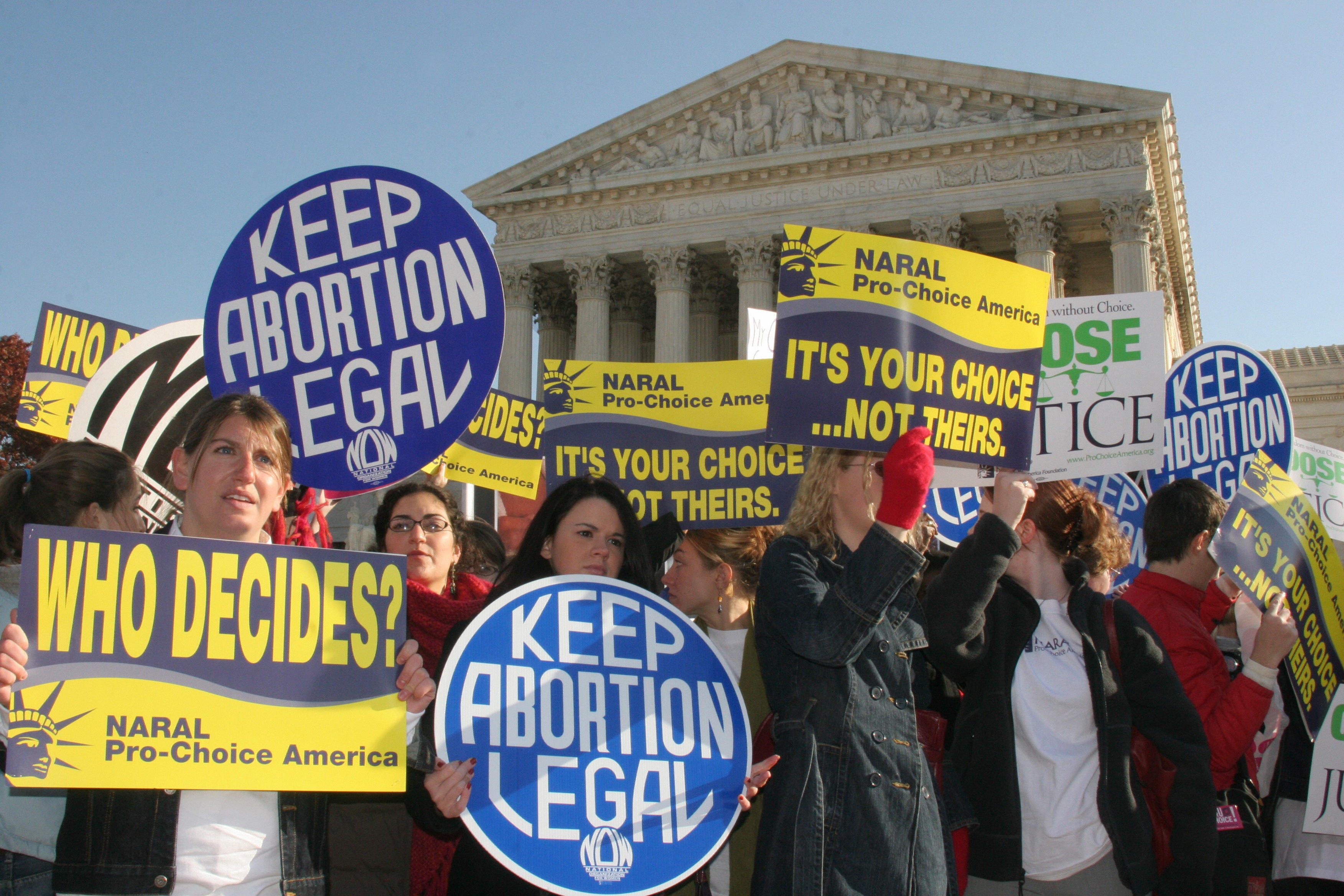On Thursday night, the Supreme Court declined to restrict access to abortion medications during the ongoing COVID-19 pandemic, a move sought by the Trump Administration.
The case, FDA v. American College of Obstetricians and Gynecologists (ACOG), involved the Food and Drug Administration’s rule requiring people seeking abortion medication to obtain it in-person from a medical provider’s place of practice rather than a pharmacy or through the mail.
The ACOG argued that the FDA’s rule is medically unnecessary—especially since the agency doesn’t require it for riskier drugs—potentially dangerous because in-person interactions during the pandemic can transmit the virus and also potentially burdensome since some medical providers are operating at a reduced capacity during the pandemic.
In May, the District Court of Maryland agreed with the ACOG and said the FDA rule could be bypassed until 30 days after the COVID-19 public health emergency ends.
In response, the Department of Justice (DOJ) asked the 4th Circuit Court of Appeals to preserve the FDA rule while it appealed the Maryland court’s decision. The appeals court refused, so in late August, the DOJ asked the U.S. Supreme Court to issue an emergency stay on the Maryland court’s ruling.
The Supreme Court said it would give the district court 40 days “to promptly consider a motion by the Government to dissolve, modify, or stay the injunction, including on the ground that relevant circumstances have changed.”
“A more comprehensive record would aid this Court’s review,” the Supreme Court wrote.
Samuel Alito and Clarence Thomas, two of the court’s conservative-leaning justices, dissented from the court’s Thursday evening decision, stating their belief that the court could have stayed the district court’s ruling and continued restricting access to abortion medication.
The Supreme Court’s decision essentially punted on the decision until after Election Day, avoiding what would have been its first definitive ruling on a reproductive rights case following the September 18 death of liberal-learning Supreme Court Justice Ruth Bader Ginsburg.
The Supreme Court’s ruling also avoids making reproductive rights an even more contentious election season issue than it already is.
Democrats have been increasingly worried that Trump’s Supreme Court nominee to replace Bader, Amy Coney Barrett, will give the court a 6-to-3 conservative majority with enough power to overturn Roe v. Wade, the 1973 court decision granting Americans legal access to abortion.
The possibility of overturning Roe v. Wade compelled Wednesday night debate moderator Susan Page to ask Democratic vice presidential nominee Kamala Harris and Republican Vice President Mike Pence how they’d respond to it being overturned.
It has also compelled Democrats to discuss the possibility of packing the Supreme Court with more judges to undo its conservative tilt.
